Resolution No. 72-NQ/TW of the Politburo, which has just been issued, has created an important turning point in the work of caring for, protecting and improving people's health.
In particular, the highlight is the special preferential policy on professional allowances for grassroots medical staff and preventive medicine, who are working directly on the front line, playing a fundamental role in the national health system.
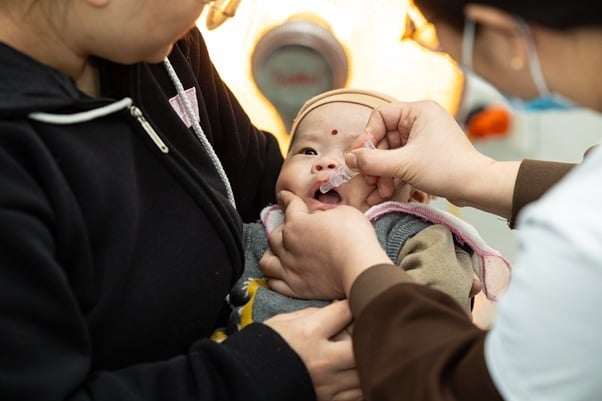 |
| From focusing on treatment, the health sector will now gradually shift its focus to disease prevention, with preventive medicine and primary health care as pillars. |
According to the resolution, people directly working in medical profession at commune health stations and preventive medical facilities will have their preferential occupational allowance increased to at least 70%.
In particular, the allowance can be up to 100% for medical staff working in difficult areas such as ethnic minority areas, mountainous areas, remote areas, border areas, islands; or working in specific fields such as psychiatry, forensic medicine, emergency resuscitation, forensic psychiatry, pathology and other groups according to socio- economic development conditions.
In addition, newly recruited doctors, preventive medicine doctors and pharmacists will be ranked from level 2 salary instead of level 1 as at present. This is a breakthrough change, helping to improve income, increase work motivation and attract medical and pharmaceutical students to work at the grassroots level, where there is a serious shortage of human resources.
The new policy also shows a change in thinking about developing the health system. From focusing on treatment, the health sector will now gradually shift its focus to disease prevention, with preventive medicine and primary health care as pillars.
In addition to incentives on allowances and salaries, Resolution 72 also proposes a series of solutions to improve the quality of medical examination and treatment at the grassroots level such as increasing investment in equipment, infrastructure, staff training, technology transfer and international cooperation.
The Ministry of Health will also coordinate with partners to send staff for specialized training in countries with advanced medicine through scholarship programs, aiming to gradually improve the professional capacity of the lower-level medical staff.
Another important content in this policy is the plan for periodic health check-ups for the whole population starting from 2026.
According to calculations, with an average cost of about 300,000 VND/person/visit, the total estimated cost will be about 30,000 billion VND per year for a population of 100 million people.
Of which, the State budget will spend about 25,000 billion VND, the rest will be paid by employers and socialized sources.
Commune health stations will take on the role of organizing initial health check-ups, and at the same time create electronic health records for each citizen to monitor and manage health over the life cycle. This not only helps detect diseases early, reduce the burden of treatment costs, but also clearly demonstrates the increasingly prioritized direction of preventive medicine.
To ensure human resources for this plan, the Ministry of Health sets a goal that by 2030, each commune health station will have enough doctors according to assigned functions and tasks.
During the 2025-2030 period, localities will mobilize at least 1,000 doctors to commune-level health care each year. It is expected that by 2027, each health station will have 4-5 doctors, gradually overcoming the long-standing shortage of human resources at the grassroots health care level.
Experts say the policy of increasing preferential allowances up to 100% in disadvantaged areas or in specific fields is a timely solution in the context of many medical staff quitting or transferring from the grassroots level due to high work pressure, low income, and difficult working conditions.
When the lives of health workers are improved, the working environment is stable and there are opportunities for development, they will feel secure in sticking with their jobs for a long time, thereby contributing to improving the quality of primary health care for the people.
With Resolution 72, tens of thousands of medical staff working at commune health stations and preventive medical facilities across the country will enjoy new benefits policies.
This is a great driving force for the grassroots health system not only to exist but also to develop strongly, becoming a strong "gatekeeper" for public health.
At the same time, accompanying solutions such as periodic health check-ups for the entire population, life-cycle health management, enhanced international cooperation and investment in human and material resources will create a sustainable healthcare foundation, suitable for the requirements of universal health care in the new era.
Source: https://baodautu.vn/y-te-co-so-but-pha-tu-chinh-sach-moi-d388332.html



![[Photo] Da Nang: Hundreds of people join hands to clean up a vital tourist route after storm No. 13](https://vphoto.vietnam.vn/thumb/1200x675/vietnam/resource/IMAGE/2025/11/07/1762491638903_image-3-1353-jpg.webp)




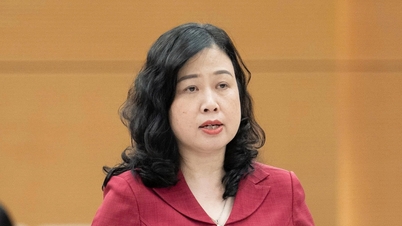

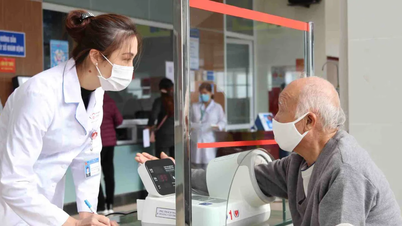

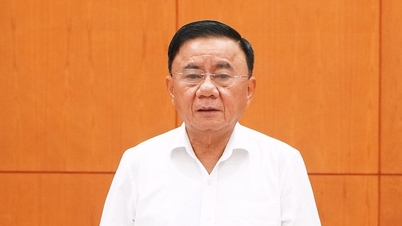

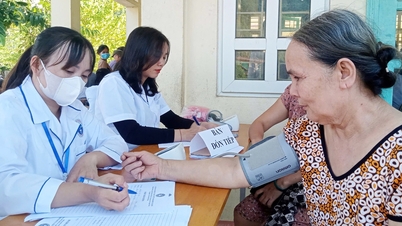

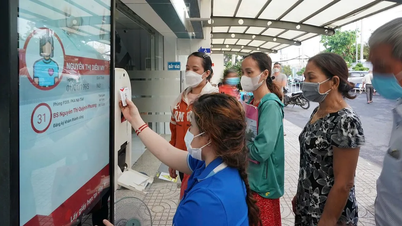







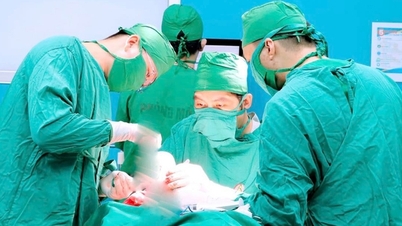









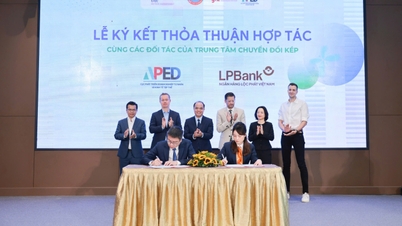







































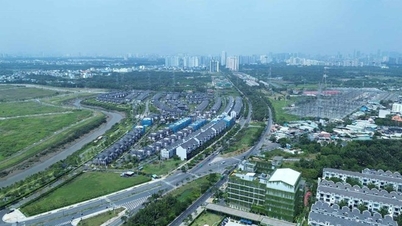














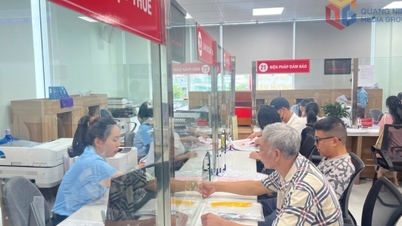





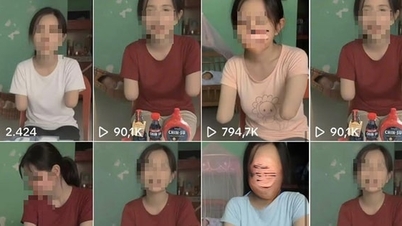


















Comment (0)